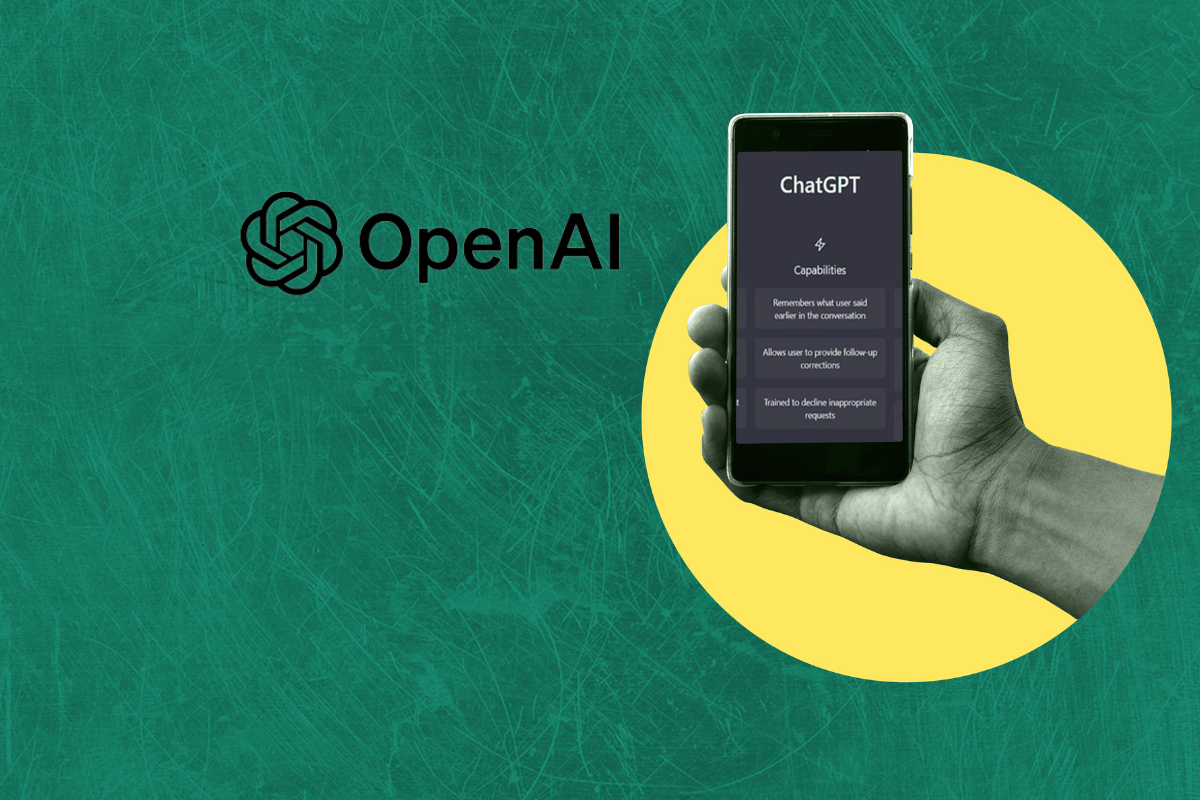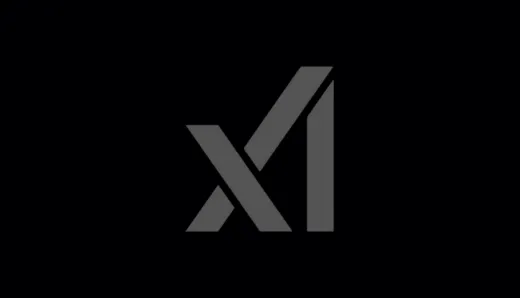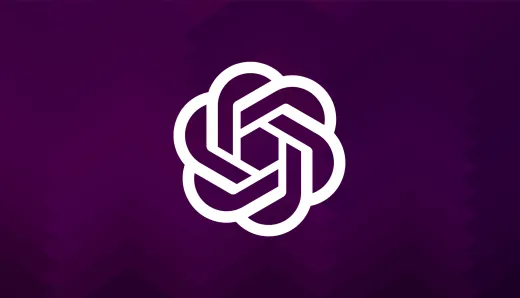OpenAI Introduces Independent Safety & Security Oversight for AI Models

In a significant move to bolster trust and accountability in AI development, OpenAI has announced the establishment of an independent Safety and Security Committee (SSC) as part of its broader safety governance framework. This newly formed committee will oversee critical safety and security measures related to OpenAI’s model development and deployment. Led by Zico Kolter, a renowned AI expert from Carnegie Mellon University, the SSC will play a pivotal role in ensuring that OpenAI’s AI models, including its future releases, adhere to the highest safety standards.
What This Means for AI Safety
The announcement marks a crucial step forward for OpenAI as the company navigates the challenges of deploying increasingly powerful AI models. With public concern growing over AI’s potential misuse—whether in cybersecurity, privacy breaches, or disinformation—this independent oversight aims to add a layer of transparency and accountability, distinguishing OpenAI as a leader in safe AI development. The Safety and Security Committee’s role includes conducting safety evaluations for major model releases and having the authority to delay model deployment if risks are identified.
This enhanced focus on safety isn’t just a corporate checkbox; it represents a shift toward responsible AI governance. For the growing community of developers, businesses, and governments leveraging OpenAI’s technology, this update signals a more robust commitment to safety, potentially reassuring those concerned about the ethical and security implications of AI advancements.
Key Areas of Focus: A Comprehensive Safety Strategy
OpenAI has outlined five key areas of focus that underscore its approach to AI safety:
- Independent Governance for Safety & Security: The establishment of an independent oversight body, chaired by Kolter, places safety decisions outside of internal corporate pressures. Notable members include Quora co-founder Adam D’Angelo and retired US Army General Paul Nakasone, bringing diverse expertise in AI and cybersecurity.
- Enhancing Security Measures: As AI grows in complexity, so do the cybersecurity risks associated with it. OpenAI will enhance its risk-based security measures, expanding internal segmentation and increasing staffing for round-the-clock security operations. OpenAI is also exploring industry-wide collaboration on cybersecurity, considering the formation of an Information Sharing and Analysis Center (ISAC) for AI to foster collective resilience against cyber threats.
- Transparency in Safety Practices: OpenAI promises greater transparency, including more detailed system cards that explain safety processes and risk mitigation strategies for each new model. This step aligns with the increasing demand for AI companies to openly share the ethical and technical considerations behind their systems.
- Collaboration with External Organizations: Acknowledging that safety is a shared responsibility, OpenAI is engaging with third-party organizations for independent testing. Partnerships with entities like Los Alamos National Labs, and new agreements with AI Safety Institutes in the U.S. and U.K., highlight OpenAI’s focus on advancing global AI safety standards.
- Unified Safety Frameworks: OpenAI is creating a unified framework that integrates safety and security across its teams. This system will include clearly defined success criteria for model launches, ensuring that each release undergoes rigorous risk assessments. As AI models grow in capability, the framework will evolve to address emerging risks.
The Importance of Independent Oversight in AI Development
For AI enthusiasts, businesses, and end-users, OpenAI’s move toward independent safety oversight offers critical reassurance. As AI becomes more embedded in everyday applications—from natural language processing in customer service to AI-generated content in media—trust in its deployment has become increasingly important. Concerns about AI models being rushed to market without sufficient safety checks have led to demands for greater accountability, not just from OpenAI but from the AI industry at large.
By establishing an independent body with the authority to delay model launches if safety concerns arise, OpenAI is taking a significant step toward ensuring that its models are not only innovative but also reliable and safe for use. This oversight could set a precedent for other AI companies, pushing the entire industry to adopt similar standards for accountability and risk management.
Implications for Users and Developers
For the developers and businesses utilizing OpenAI’s models, this safety initiative provides a framework for trusting that new releases have undergone thorough evaluations before entering the market. While rapid technological advancements can be thrilling, they also bring a host of challenges—especially when models are integrated into critical systems. OpenAI’s commitment to transparency, industry collaboration, and independent assessments could help users feel more secure in deploying these models, knowing that safeguards are in place.
Moreover, OpenAI’s emphasis on collaboration with third-party organizations and government agencies reflects a maturing AI industry that is moving toward standardization and shared responsibility. This could have ripple effects across sectors like healthcare, finance, and government, where stringent safety requirements are a prerequisite for AI adoption.
The Long-Term Impact on AI Safety Standards
OpenAI’s latest update could also influence broader AI governance and regulation. As AI models become more powerful and capable of performing tasks traditionally handled by humans, the potential risks grow exponentially. Governments and regulatory bodies worldwide are closely watching how private companies like OpenAI handle safety concerns, and this new oversight committee could serve as a template for future AI regulation.
By working with external organizations like the U.S. and U.K. AI Safety Institutes and developing industry-wide security measures, OpenAI is not only protecting its own models but is also contributing to the establishment of global safety standards. This is a proactive step, especially at a time when AI is under increasing scrutiny for its role in shaping public discourse, automating jobs, and influencing decision-making.
Parting Thoughts: A Positive Step Toward Responsible AI
OpenAI’s decision to establish independent oversight for its AI safety and security practices is a clear indication that the company is listening to the growing calls for more responsible AI development. By empowering the Safety and Security Committee to oversee model launches, enhance cybersecurity, and collaborate with external organizations, OpenAI is setting a higher standard for transparency and accountability.
For users, this means more confidence in the tools they adopt. For the AI industry, it represents a move toward safer and more secure AI deployment. Ultimately, OpenAI’s focus on governance, security, and collaboration may help ensure that the powerful AI models of tomorrow are built with the interests of humanity in mind, mitigating risks while unlocking transformative potential.




